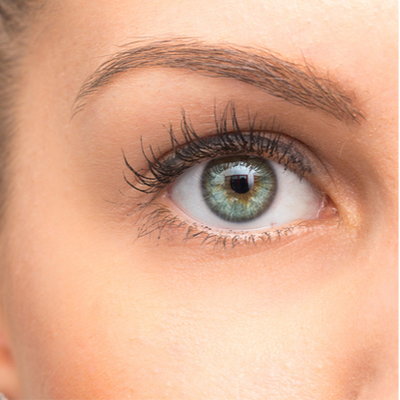 OVERVIEW
OVERVIEW
A common cosmetic concern on your face, eye bags may refer to a change in pigmentation (dark circles), loose skin, or swelling under your eyes. Puffy under eye bags can occur if you have sinus congestion, an allergic reaction, or due to a high-salt diet.
While not a concern for your physical health, under-eye bags can affect your emotional health. Talking to a board-certified dermatologist can help—several treatment options exist to decrease the appearance of your eye bags.
What are the Causes of Eye Bags?
Genetic and environmental factors can play a major part in the formation of eye bags. Some common causes of eye bags include:
- Aging, a decrease in collagen production causes the skin to thin, weaken and sag
- Allergies
- Not enough sleep
- Smoking
- Heredity
- Salty foods
- Alcohol
Treatment for Eye Bags is Safe When Performed by a Board-Certified Dermatologist
Treatments for eye bags can help fill in the lost volume, reduce the appearance of fine lines, wrinkles, and dark circles, as well as leave your face looking rejuvenated and youthful. Most treatments for under-eye bags are minimally invasive, require no downtime, and can be quick and easy procedures.
Standard therapies for under-eye bags include:
- Dermal Fillers
Dermal filler injections are used to replace the lost volume under your eyes, smoothing out the wrinkles. A very quick treatment that can last for several months, the results under your eyes restore volume, resulting in a more youthful-looking appearance. Common substances used in dermal fillers include hyaluronic acid (HA). - Topical Treatments
Depending on your symptoms, products like hydroquinone and tretinoin can help with discoloration and pigmentation issues. However, it’s important to remember that these can be harsh on your skin and may not be long-term solutions.
In addition to cosmetic procedures, home remedies can also help manage and treat your eye bags. This can include:
- Using cold compresses to reduce inflammation
- Getting enough sleep
- Change your sleeping position
- Limit salt intake, eating foods rich in collagen
- Quit smoking
- Allergy medications


